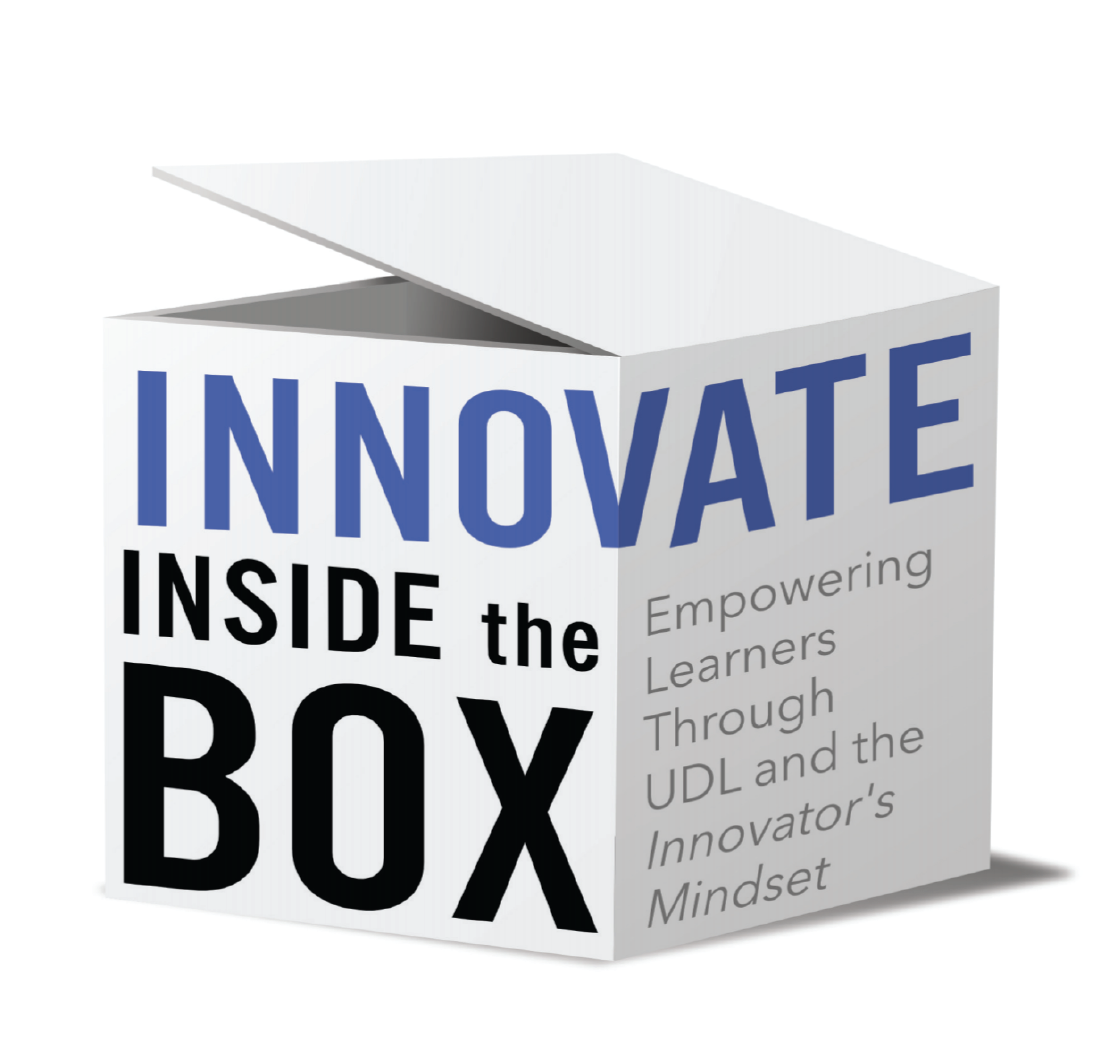Chapter 6: Problem Finders-Solvers
How empowering would it be to find a meaningful problem and explore ways to resolve or respond to the problem? When we care deeply about a problem, we are more likely to find a meaningful solution and enjoy the learning process. In this chapter, you will learn new ways to help your students become problem finds and problem solvers!
Further Reading
- The 10 Most Inspiring Inventors Under 18
- Forget Following Your Heart – Follow Your Heartbreak
- The Pages for Peace Project
- UDL Progression Rubric
Further Viewing
- Identity Day #rscon10
- TEDx London: The Problem Finders
- Kylie Simonds – IV Backpack
- Kenneth Shinozuka TEDYouth
Questions for Discussion
- Think of one problem that is meaningful to yourself as an educator. How can you model the practice of problem-finding to your students while solving something that is significant to your own world?
- If you asked your students to identify the most heartbreaking aspects of school, what do you think they would say?
- How could you design learning experiences that would help students to solve the problems that prevent them from being successful in school?




